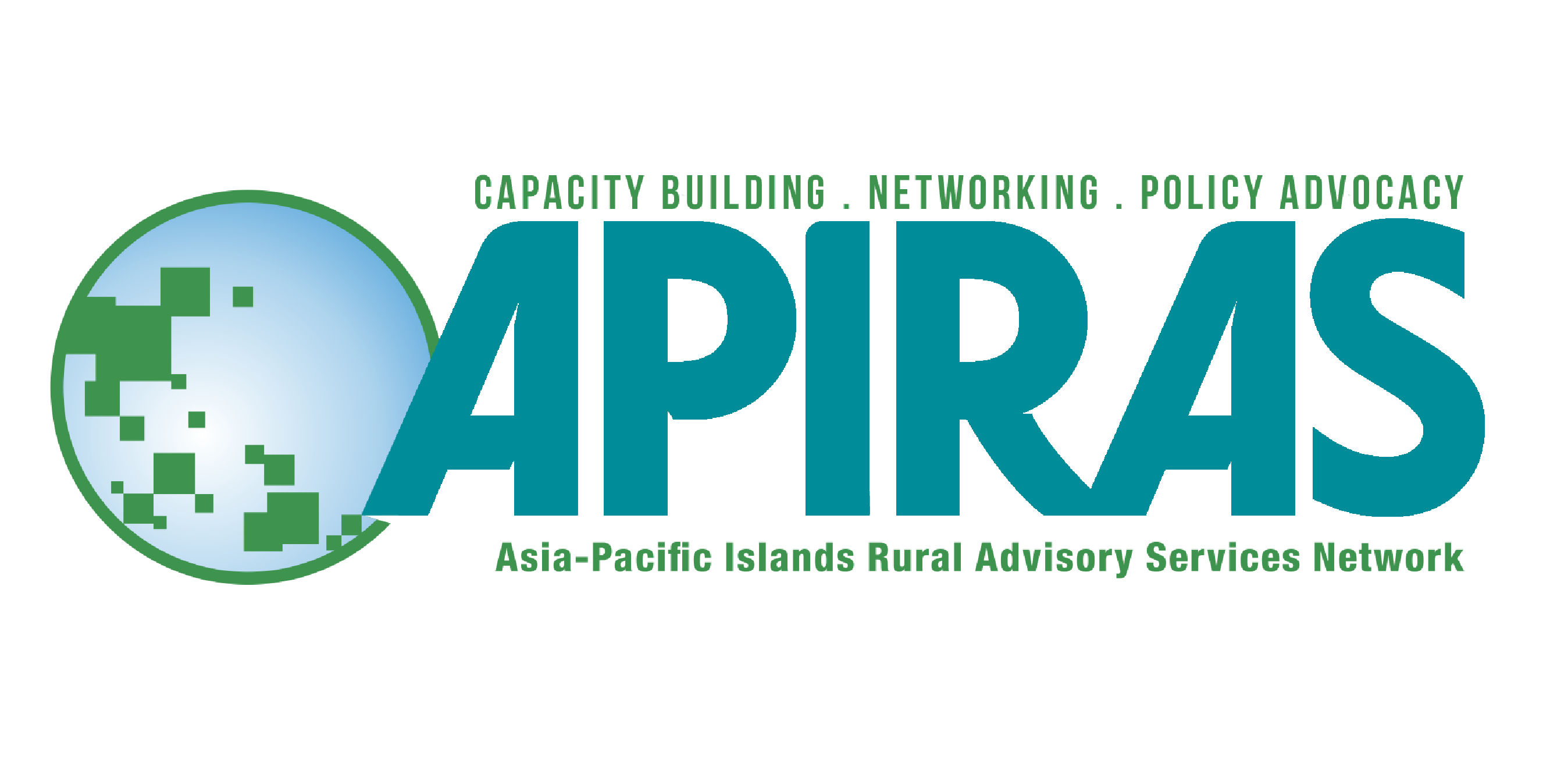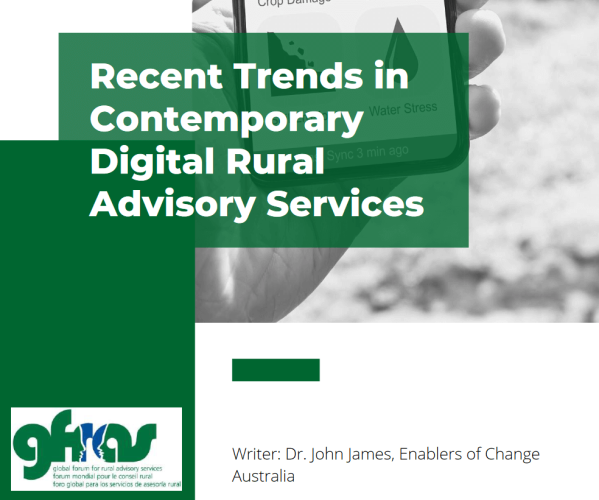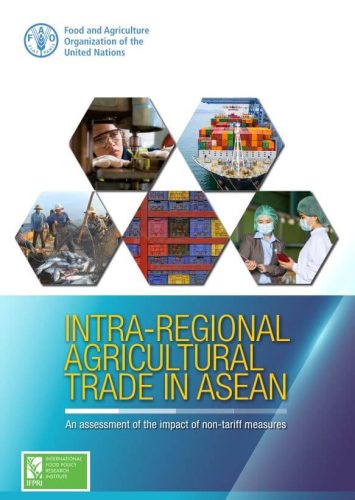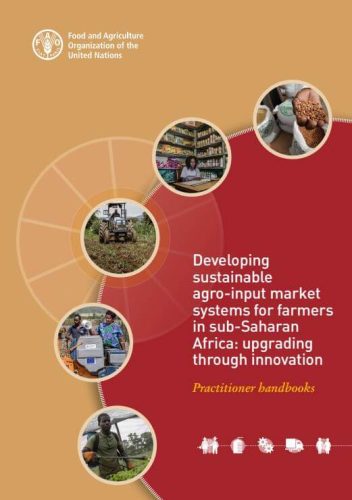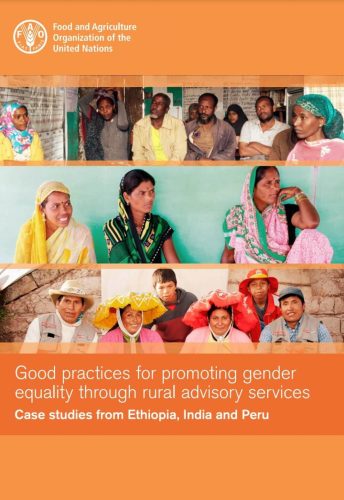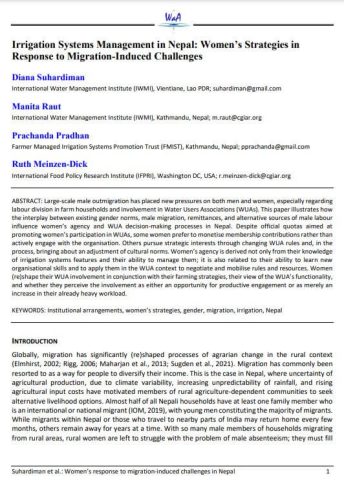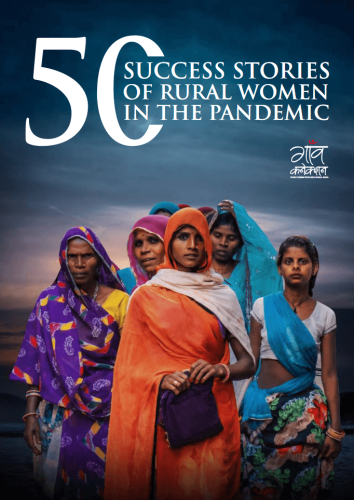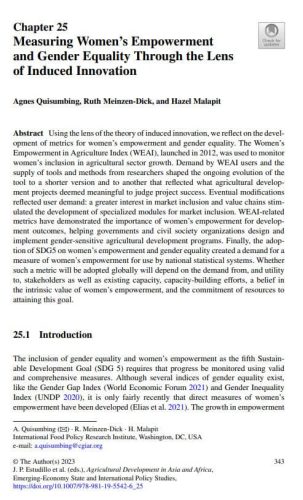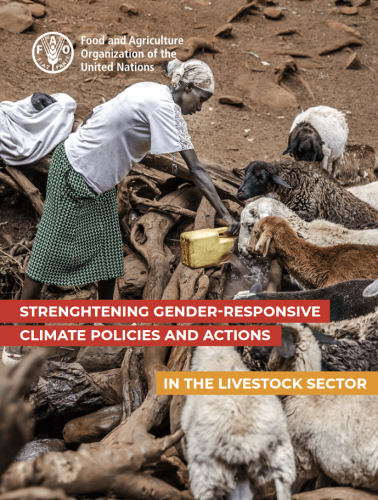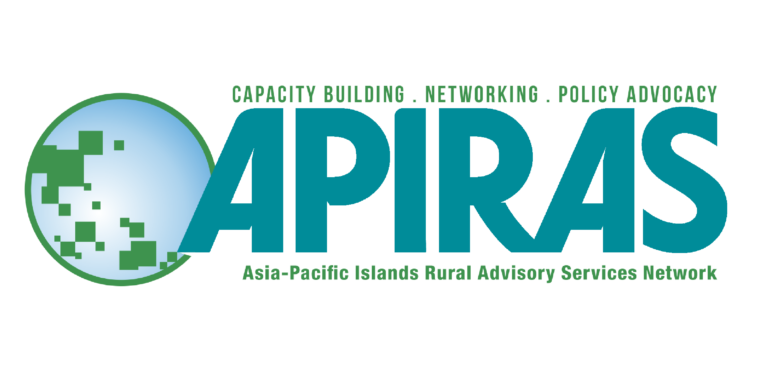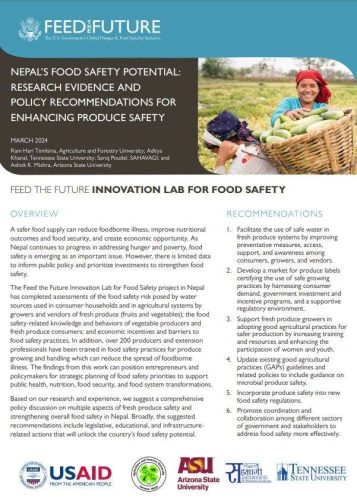
NEPAL’S FOOD SAFETY POTENTIAL: Research Evidence and Policy Recommendations for Enhancing Produce Safety
The Feed the Future Innovation Lab for Food Safety project in Nepal has completed assessments of the food safety risk posed by water sources used in consumer households and in agricultural systems by growers and vendors of fresh produce (fruits and vegetables); the food safety-related knowledge and behaviors of vegetable producers and fresh produce consumers; and economic incentives and barriers to food safety practices. In addition, over 200 producers and extension professionals have been trained in food safety practices for produce growing and handling which can reduce the spread of foodborne illness. The findings from this work can position entrepreneurs and policymakers for strategic planning of food safety priorities to support public health, nutrition, food security, and food system transformations.
Based on our research and experience, we suggest a comprehensive policy discussion on multiple aspects of fresh produce safety and strengthening overall food safety in Nepal. Broadly, the suggested recommendations include legislative, educational, and infrastructurerelated actions that will unlock the country’s food safety potential.
